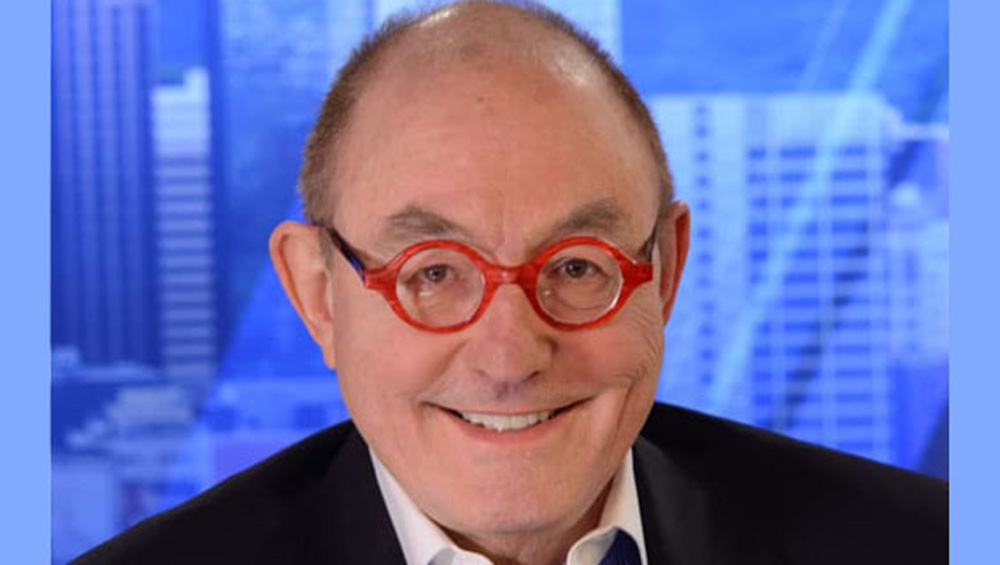
The Price Point | Stations Are Not Afraid Of Investigative News

This past weekend’s piece in the Los Angeles Times attacking television networks for their supposed fear of investigative stories was insulting not only to the networks, but to the hundreds of television stations that do investigative work every day.
The presumption of the piece was that old saw — made only by those who have never been on the inside — that television only cares about the money. If that is true, why did so many stations, including those owned by networks, choose to take huge financial hits over the past few weeks to carry the House impeachment inquiry? Most of that money will never be made up.
Over the years I’ve lost count of the number of advertisers that canceled or reduced their schedules because of investigative stories they did not like. I know of cases where an advertiser stayed off a station for more than a year as “punishment” for a story.
I’m sure there have been instances where individual stations and networks bowed to pressure, but I’ve never personally seen it. What I have seen is a commitment to tell the truth, no matter what.
That commitment begins with a thorough management review of every sensitive story for accuracy and fairness. If a reporter has not gathered all the facts, then the story is by definition unfair. Reporters hate hearing this because they naturally become fully immersed in their work. That’s why impartial eyes have to see every piece.
The best news directors also bring legal advice into the process early on. The job of lawyers is not to just say no. They actively help a reporter navigate the law. This does not mean news management loses control. Lawyers advise and recommend. They are not the decision makers.
When the piece is finally ready, the general manager reviews everything. This is a final check by the person who has to publicly defend the story. The GM also wants to be assured the subject of the story has been given every opportunity to respond.
When the investigative story finally airs, the GM is well aware the station may have to defend the story in court. That is just part of the job. I’ve seen a number of suits thrown out on summary judgement because the station lawyers did their job in helping prepare the story. I’ve also had to go to court to defend a story. Again, it comes with the territory.
Reporters see the entire journalistic process. What they do not see is how general managers shield them from advertiser and political pressure. I once had the mayor of Chicago threaten me. I never let the reporter know, because it might have influenced her thinking.
With the unfortunate demise of print, leading television groups are making an even stronger commitment to local investigations. They are doing this with a full understanding of the financial costs. Why? Because they are in the journalism business. That means putting the well-being of the communities they serve first, no matter the cost or political pressure.
Journalists who work for such organizations have reason to be very proud.
This is one in a series of occasional columns from Hank Price, a media consultant, author and speaker. He is the author of Leading Local Television, a handbook for general managers. He spent 30 years managing TV stations for Hearst, CBS and Gannett, including WBBM Chicago and KARE Minneapolis. He also served as senior director of Northwestern University’s Media Management Center and is currently director of leadership development for the School of Journalism and New Media at Ole Miss.
































Comments (1)
Paul Greeley says:
December 4, 2019 at 8:26 am
I couldn’t agree more with what Mr. Price says here. I write often about local TV stations’ investigations, as well as their contributions to their communities. And yes, I’ve seen instances where a local TV station’s investigation resulted in an advertiser pulling their ads, and their money, from the station.
Paul Greeley